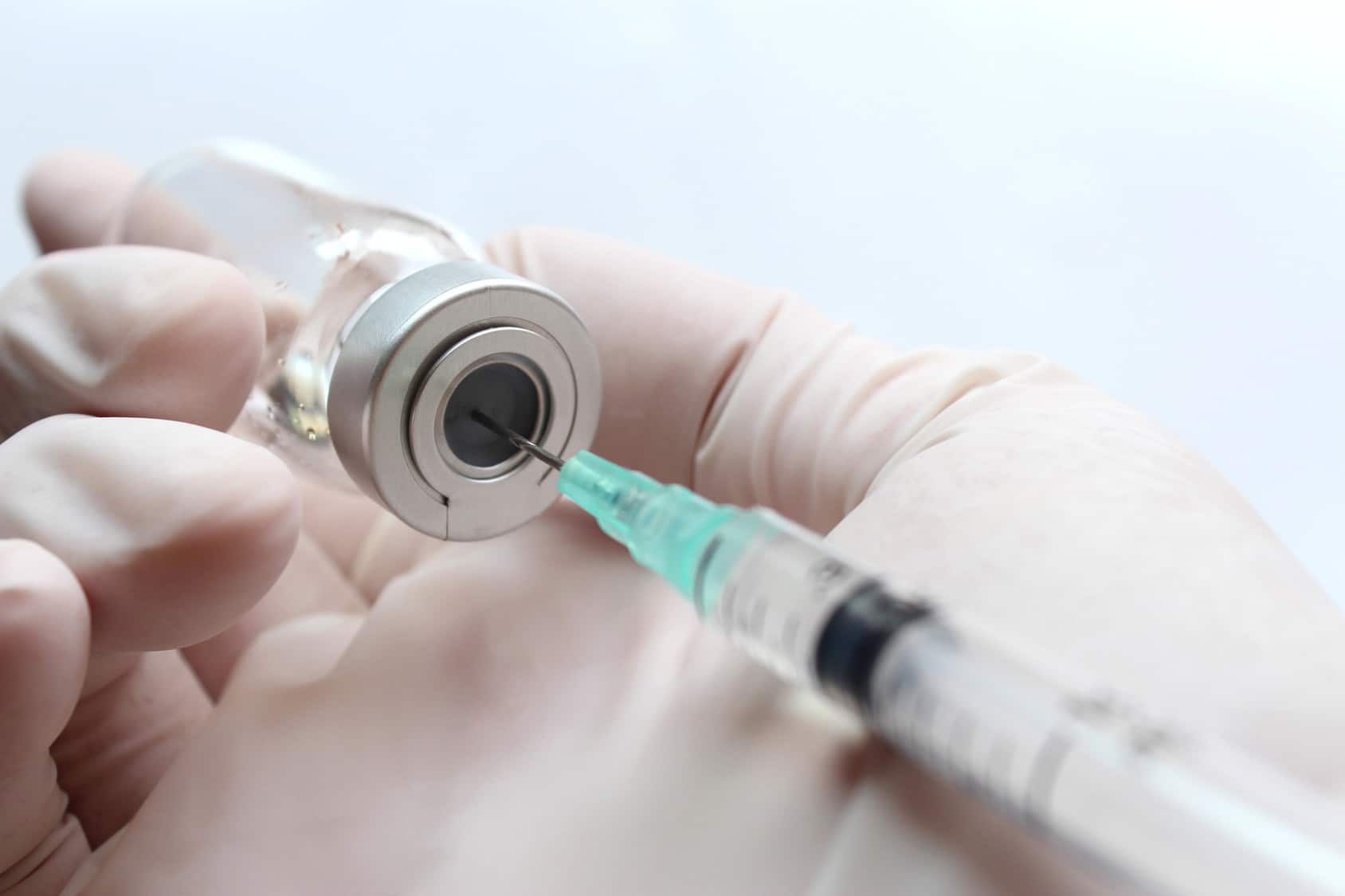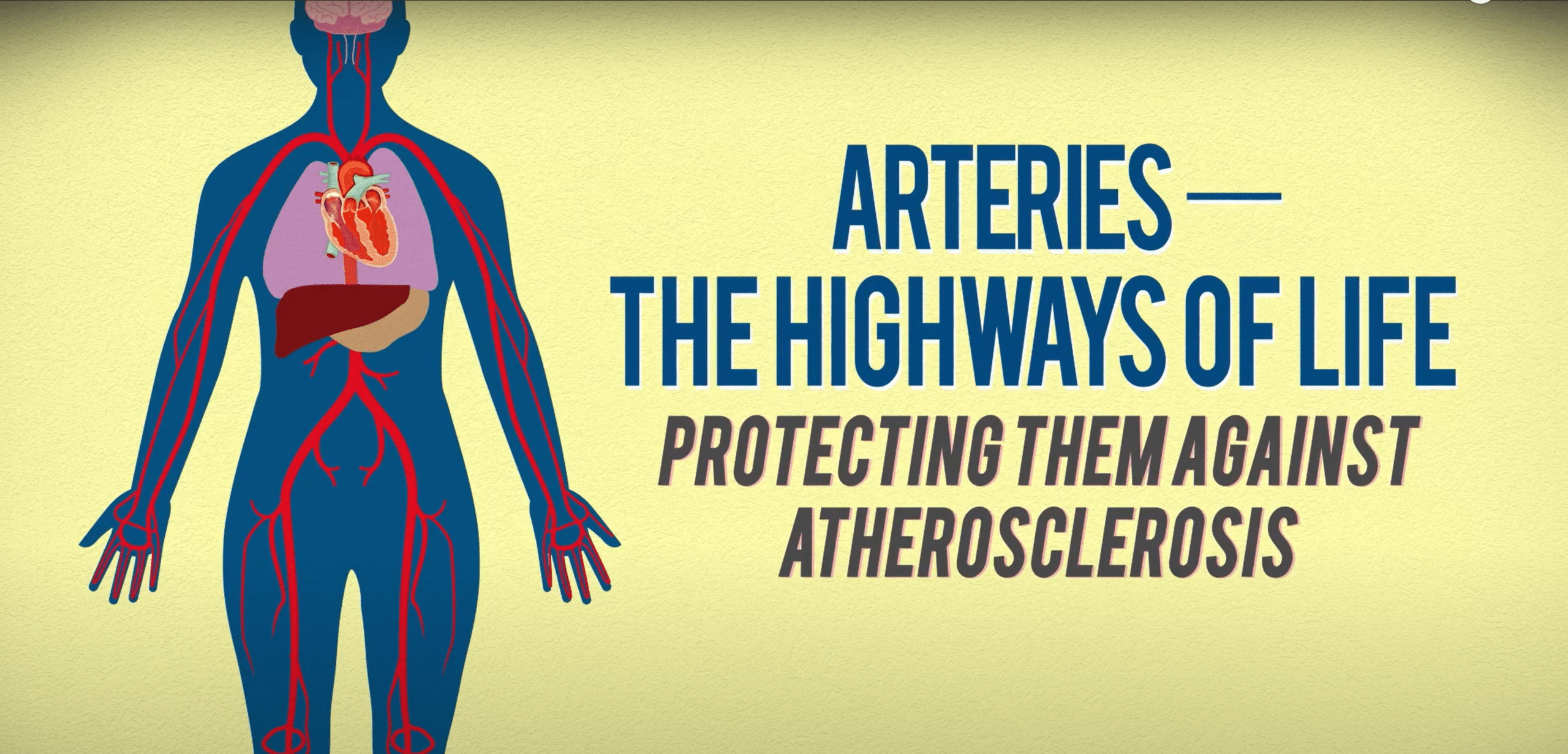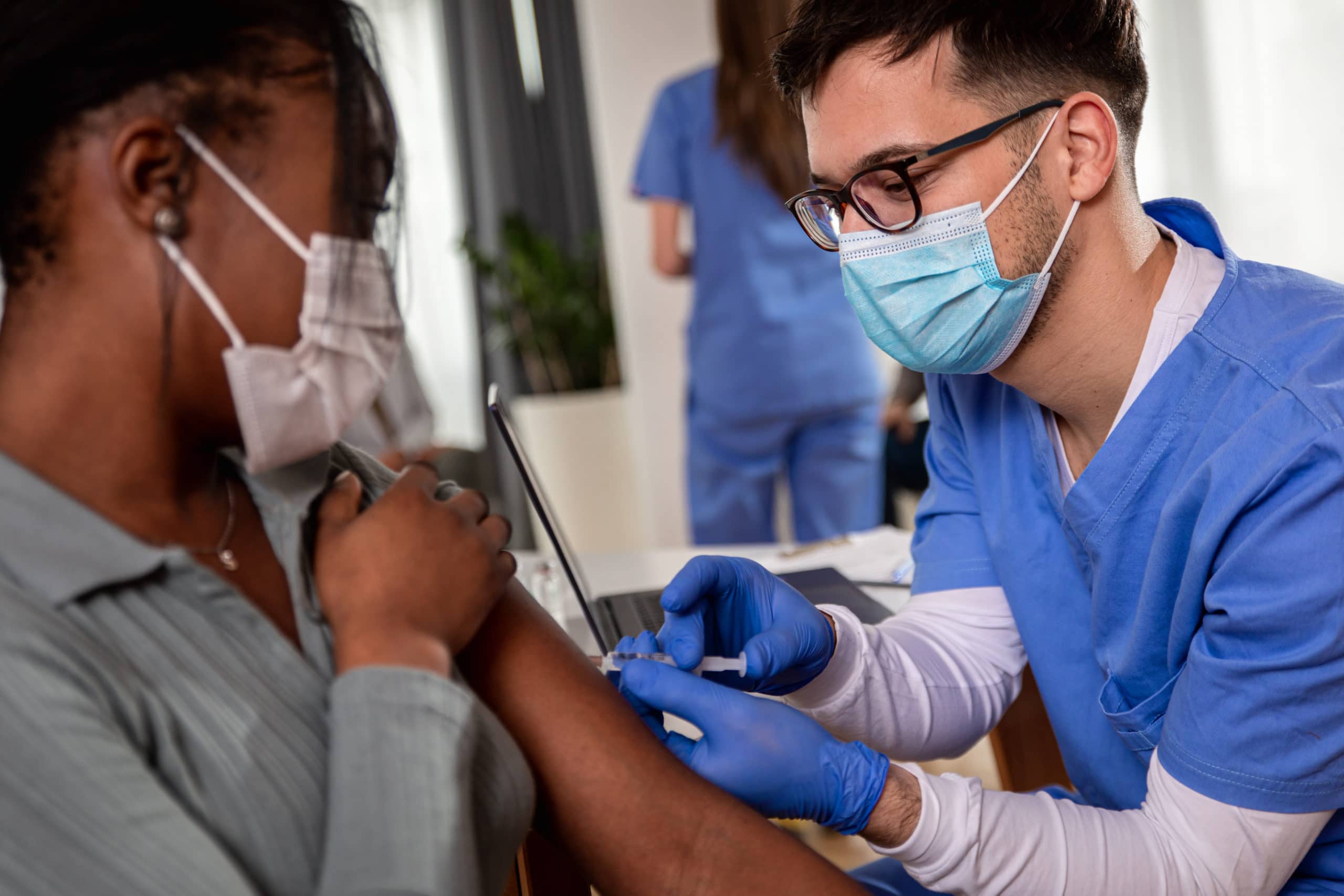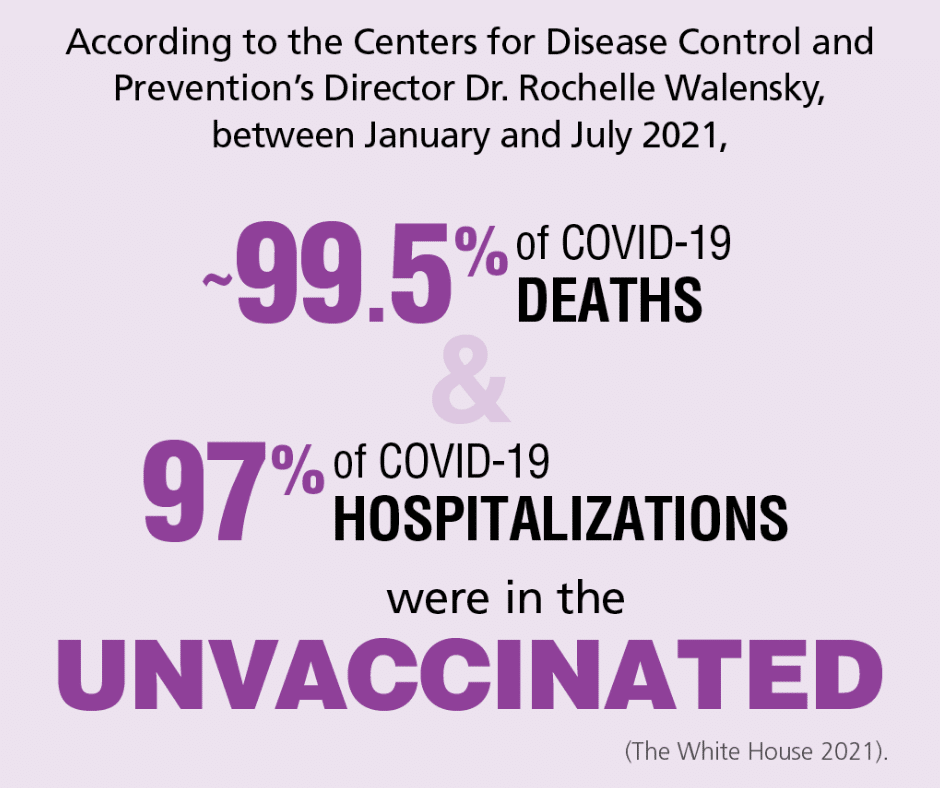
Today we recognize World Immunization Day. Immunizations are extremely important for preventing disease across the globe. On this day, we encourage you to take some time to think about the impact immunizations have had on your life, protecting you from diseases that could have otherwise caused you harm.
What are Immunizations?
Immunizations, or vaccines, contain killed or weakened microbes of infectious diseases such as influenza, measles, smallpox, typhoid, and many others. When injected into the body, they fuel the production of antibodies, which help you develop immunity to these diseases without ever having them in the first place. In other words, immunizations help prevent these diseases from occurring.
Why Immunizations Are Important on a Global Scale
Globally, immunizations are one of the most important public health initiatives. Each year, vaccines prevent over 2.5 million deaths worldwide among children younger than age five and, specifically, the CDC’s Global Immunization Division saves the lives of two to three million people each year. There are diseases that have been eradicated from the United States but still live on in other regions of the world. Unfortunately, about one in five children in the world do not have access to immunizations, and therefore a child dies every 20 seconds from a disease that could have been prevented. Think of how many lives could be saved if everyone had access to immunizations. While preventing two to three million deaths is a good number, there are unfortunately still numerous lives being lost.
In older adults, specific vaccines have played important roles in protecting health. For example, the PPSV23 vaccine, which protects against pneumococcal bacteria, is 60-80 percent effective in preventing infection in people over the age of 65. Additionally, the shingles vaccine reduces the incidence of shingles by 51 percent. These vaccines help the older population live longer, healthier lives and also help lower the probability of future medical costs.
Do I Need Immunizations?
Immunizations are necessary at various points in life, although most are received within the first 15 months of life. Vaccines are essential for school-age children to keep other children safe from disease. However, once we move past school age into adulthood, there are only a few recommended vaccines, including a booster for tetanus, diphtheria, and pertussis every 10 years, an immunization for shingles once past the age of 60, and a few others.
When we think about the potential for death and disease for those who have not been immunized, it should be a wake-up call that we should be on top of our immunizations. The CDC lays out very nice schedules for children and adults. Make sure to check the immunization guidelines to be sure you are up-to-date on what you need.
Resources
On this World Immunization Day, think about what role immunizations have played in your life and how the world can be helped further if everyone had access to immunizations. For more information, please see the resource links below.






